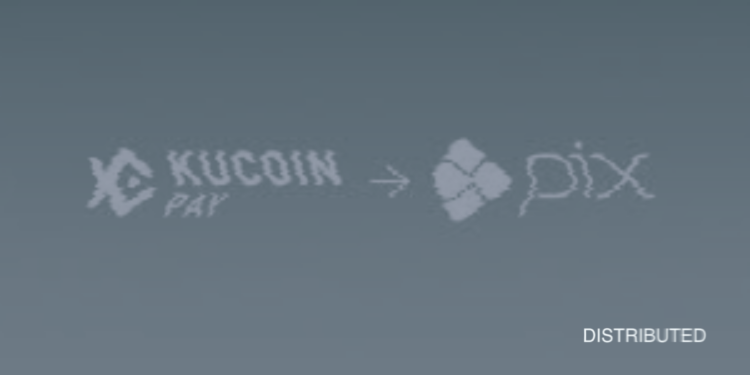- The rollout targets Brazil’s large crypto user base, which includes more than 26 million people.
- It supports instant transfers, wallet management, and simple crypto-to-fiat conversion functions.
KuCoin Pay connected its crypto infrastructure to Pix in Brazil, opening a path for millions of people to move digital assets into real-world spending with a single scan. The development blends Brazil’s adoption for crypto with the country’s dominant instant payment network, giving users a way to treat tokens as an everyday financial tool.
According to the announcement, the integration allows users to convert more than 50 cryptocurrencies into Brazilian reais and spend them at any merchant that accepts Pix QR codes.
KuCoin Pay links wallet balances directly to Pix rails, letting users send funds from KuCoin accounts to local banks or pay merchants without leaving the app. The move targets Brazil’s expansive crypto user base, which counts more than 26 million people.
See Related: Coinbase Integrates Brazilian Central Bank’s Pix For Crypto Purchases With Brazilian Real
Unlocking A New Economic Layer
KuCoin Pay says the setup aligns with Brazil’s KYC requirements and maintains a secure environment for both crypto and fiat transactions. The system supports instant transfers, wallet management, and straightforward conversion functions.
It aims to build on Brazil’s push for financial inclusion by offering a simple way to use digital assets for daily needs such as shopping, bill payments, and peer-to-peer transfers.
“By integrating with Pix, we are unlocking a new economic layer for Brazil’s digitally savvy population. This embodies our commitment to enhance crypto accessibility for all, building on our previously announced on-chain payment solutions as a new step forward in making digital assets practical for everyday life,” said Raymond Ngai, KuCoin Pay Lead.
Pix supports around-the-clock transfers using identifiers like QR codes. More than 175 million Brazilians use the platform, which has become a cornerstone of the country’s shift away from cash and toward low-cost, inclusive digital payments. Its reach makes it a natural entry point for crypto services aiming to offer real-world utility in Latin America’s most active digital asset market.



